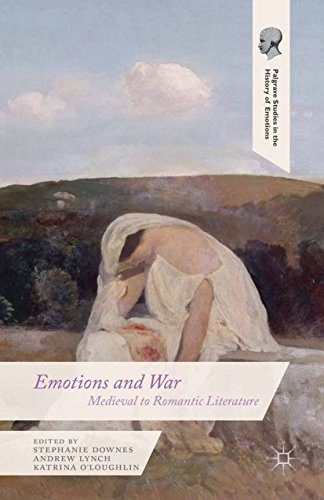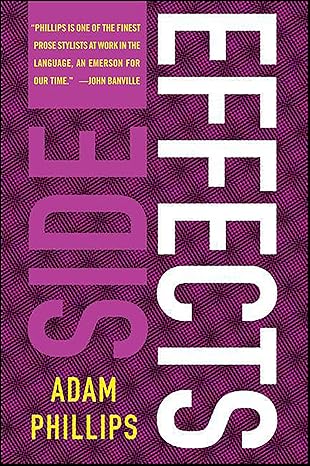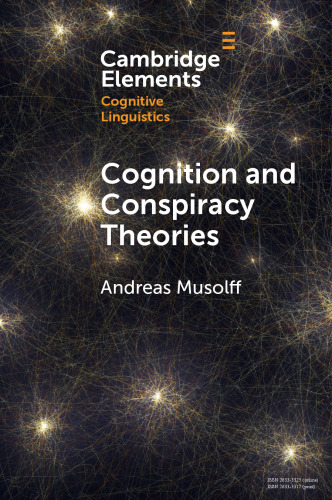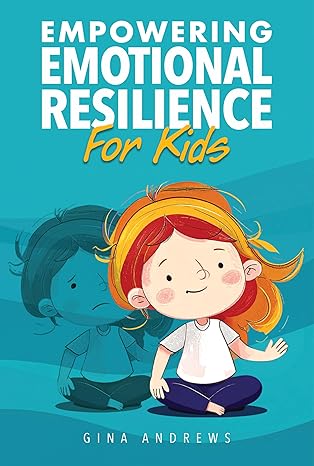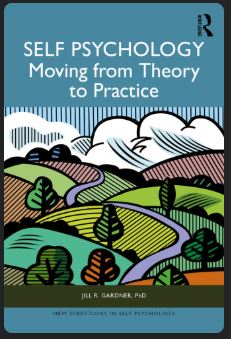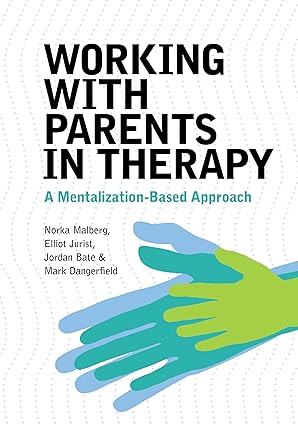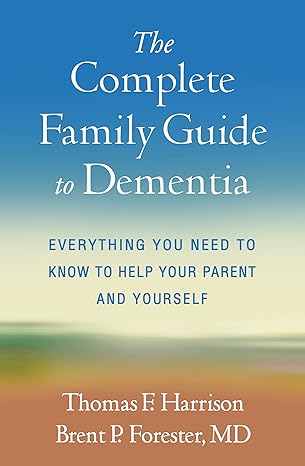The word ‘emotion’, first used in France in the fifteenth century to denote
political or social upheaval, was also commonly linked to physical violence.
Nicole Hochner observes that in the 1429 Chronique du Bon duc Loys de
Bourbon, ‘l’esmotion du duc de Bretaigne’ (the ‘emotion’ of the Duke of
Brittany), leads directly to a siege of the French town of Troyes. The OED
puts the earliest reference to ‘emotiones’ in English over a century later, in
1562, where it was also used to describe manifestations of social unrest: ‘the
great tumultes and emotiones that were in Fraunce between the king and
the nobilite.’1 During the reign of Elizabeth I the term entered English
vocabulary in this triangulation of the French, Italian, and English languages
as a description of – and an explanation for – escalating conflict,
most frequently in historical accounts. Throughout history emotions have
not just started wars, but been firmly entrenched within them, and are a
heightened condition of their narrative aftermath. The history of emotions
must necessarily therefore take this long written history of war and violent
conflict into account.
چکیده فارسی
کلمه "احساس" اولین بار در فرانسه در قرن پانزدهم برای نشان دادن استفاده شد
تحولات سیاسی یا اجتماعی نیز معمولاً با خشونت فیزیکی مرتبط بود.
نیکول هوشنر مشاهده می کند که در سال 1429 Chronique du Bon duc Loys de
بوربون، «احساسات دوک برتاگن» («احساسات» دوک
بریتنی)، مستقیماً به محاصره شهر تروا فرانسه منتهی می شود. OED
اولین ارجاع به «احساسات» را در انگلیسی بیش از یک قرن بعد، در
میگذارد 1562، جایی که از آن برای توصیف مظاهر ناآرامی اجتماعی نیز استفاده شد: «
غوغاها و احساسات بزرگی که در فرانسه بین شاه و
بود the nobilite.’1 در زمان سلطنت الیزابت اول این اصطلاح وارد انگلیسی شد
واژگان در این مثلث سازی زبان های فرانسوی، ایتالیایی و انگلیسی
به عنوان توصیف - و توضیح - تشدید درگیری،
اغلب در گزارش های تاریخی. در طول تاریخ احساسات
داشته اند نه تنها جنگها را آغاز کردهاند، بلکه در درون آنها مستحکم شدهاند، و
هستند تشدید وضعیت پیامدهای روایی آنها. تاریخچه احساسات
بنابراین باید این تاریخ مکتوب طولانی جنگ و خشونت را در نظر گرفت
تعارض را در نظر بگیرید.
ادامه ...
بستن ...
